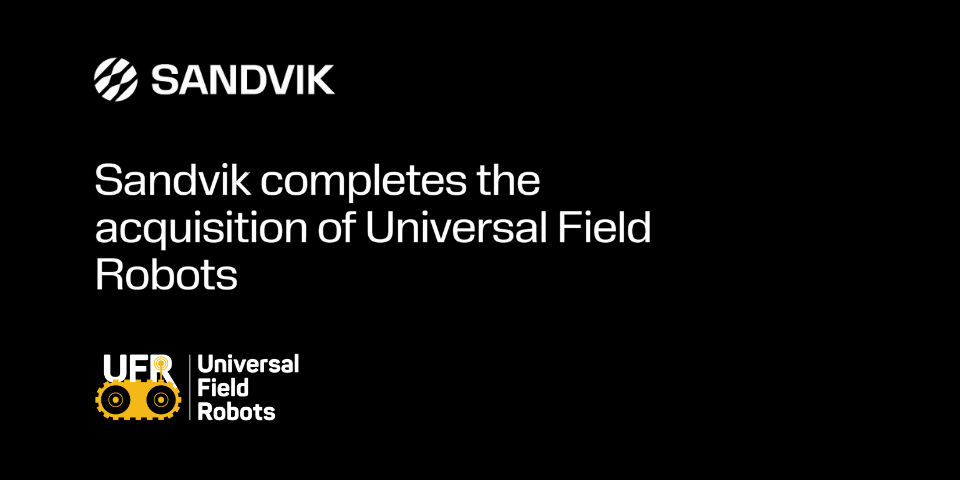Cracking the Code to Kate’s Engineering Journey
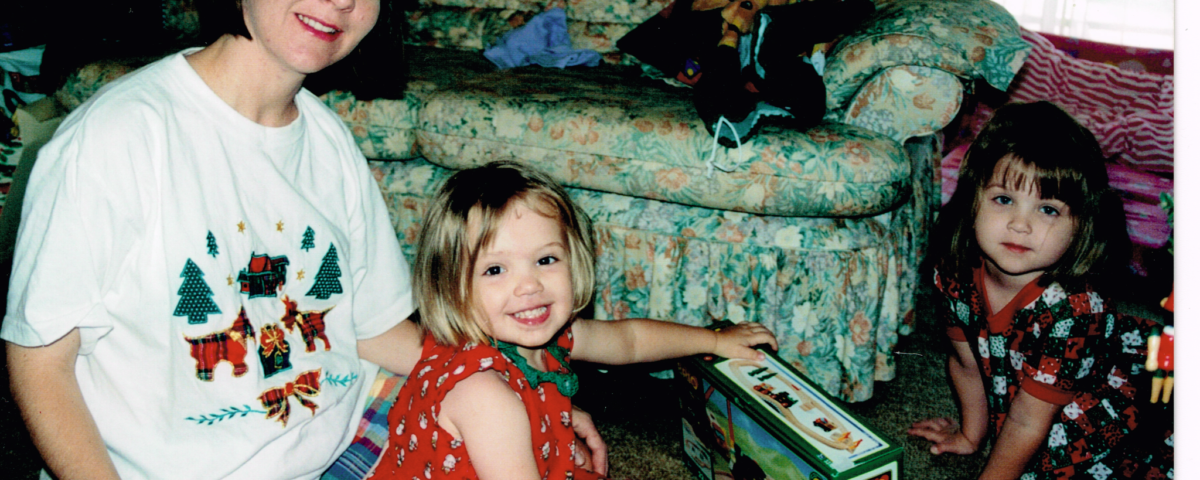
As International Women’s Day is upon us, we asked one of our robotics engineers about her career journey in what is known as a male-dominated industry. This year’s theme is ‘Cracking the Code: Innovation for a gender equal future’ and further champions the importance of innovation, access and education for individuals who identify as women, especially in the STEM world. The idea prompted Kate to reflect on her journey into engineering and how opportunities and education led her to where she is today.
Your life trajectory rarely boils down to a single point, event, or action. But my engineering career has its roots in two things: a toy train set, and a guest speaker at a maths competition. By Kate Dunne.
Act I: Laying the Foundations
My Mum fondly tells the story of when I received a wooden train set for Christmas. I was two at the time, and completely obsessed. I’d spend hours laying tracks and driving passengers around. Creativity and play pretend weren’t something new – all toys involve them in some measure – but that train set introduced me to problem solving. What do you do when you want to make a massive train that uses every single carriage, but the carriage magnets aren’t strong enough? You stick the carriages together with sticky tape and away you go. My parents were my earliest enablers (which meant they rescued many toys from sticky tape hell), but they are still my biggest supporters today. The train set didn’t just shape my childhood, but it went on to feature in my final team project at university as well.
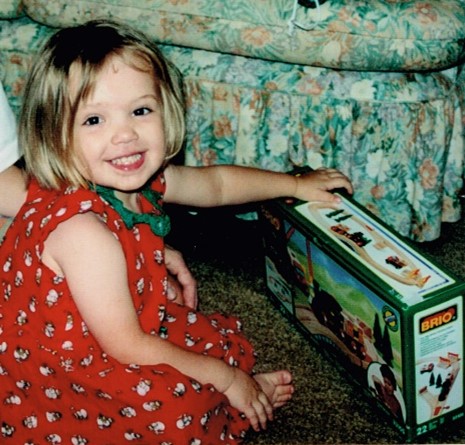
The second ‘career defining’ moment came when I was 10. I was part of my school’s team in a local maths competition. We were totally obliterated. But between the competition and the awards, there was an electrical engineer guest speaker. I’d never heard of engineering before, but it apparently used maths, so I was hooked. Even though I’d just received a mathematical smack down, I decided that I was going to be an engineer when I grew up.
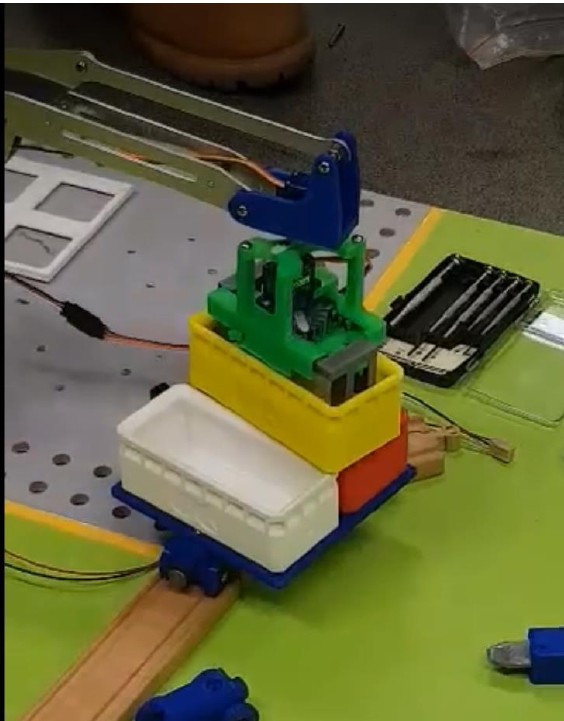
Act II: So what exactly is Engineering?
It turns out that when you’re good at maths, and you say you want to do engineering, people nod and think you have it all figured out. I did not have it all figured out. But picking subjects and careers when you are in grade 10 is hard enough already, so I kept it for the convenience. Fortunately, I had a few more brushes with engineering which convinced me it was genuinely interesting and not just a diversion tactic to keep teachers off my back.
The first of these was a visit from Robogals. They are an amazing, uni student run organisation who visit young people and encourages diversity in STEM fields. They do this by running workshops for students that teach engineering concepts through using Micromelons (software), catapults (structural and mechanics), or 3D printers (design). The workshop was my first introduction to coding. It was the first time I got to control a robot! Luckily, I’ve been able to play with a few during my career. But more importantly, it showed me that I “belonged” in engineering. Engineering became a real, tangible thing that I could do. It was like watching a superhero movie and then pretending to be a Superhero – I could see myself as an engineer.
Filled with newfound conviction (and a touch of naivety) I sought out more engineering related opportunities. I attended engineering camp. I built a very ordinary spaghetti bridge. I accelerated a year in maths and made sure to take physics. My teachers and schools gave me access to these opportunities; they were never in question due to my gender. However, only selected students got the chances that I did. If I wasn’t selected to go to that maths competition, if Robogals hadn’t come to my school, would I have still pursued engineering? It’s hard to say. Access to experiences and resources – like the ones I was lucky to receive – is vital to continuing to grow a diversified workforce.
Act III: To Infinity University, and Beyond
Going to uni was like stepping onto a different planet. While school was an empowering environment, the real world was a bit more complicated. I had never done manual arts; my schools didn’t offer it. I didn’t know how to use a drill press or have a 3D printer at home. My self-perceived lack of experience was a blow to my confidence. It kept me out of the workshop and limited my chances to improve those skills.
And then there were the targeted scholarships and positive discrimination. My first engineering placement had a 50/50 male to female policy, and speaking from experience, people who identify as women don’t make up 50% of the engineering student body. Couple that with jealous classmates who assume everything is handed to you because you’re female – I began to doubt myself. Did I deserve the internships I landed? Was I the best candidate, or was I a statistic? I stopped wearing dresses to uni, hating the feeling of standing out. I hid in the back of completely male lecture theatres. Some professors would pick me to answer questions every single class, even though there were 50 other people in the hall. I felt intimidated and pressure to prove myself to everyone I encountered. It’s something I still struggle with to this day.
Even though I had reservations about my place as an engineer, I still wanted to give back to the organisations who helped me on the way. I joined uni engineering clubs. I volunteered with Robogals (it was empowering being the person you used to look up to). And finally, I graduated as a Mechatronics Engineer. For my thesis project I built a robot that autonomously drove around semi-mapped environments.
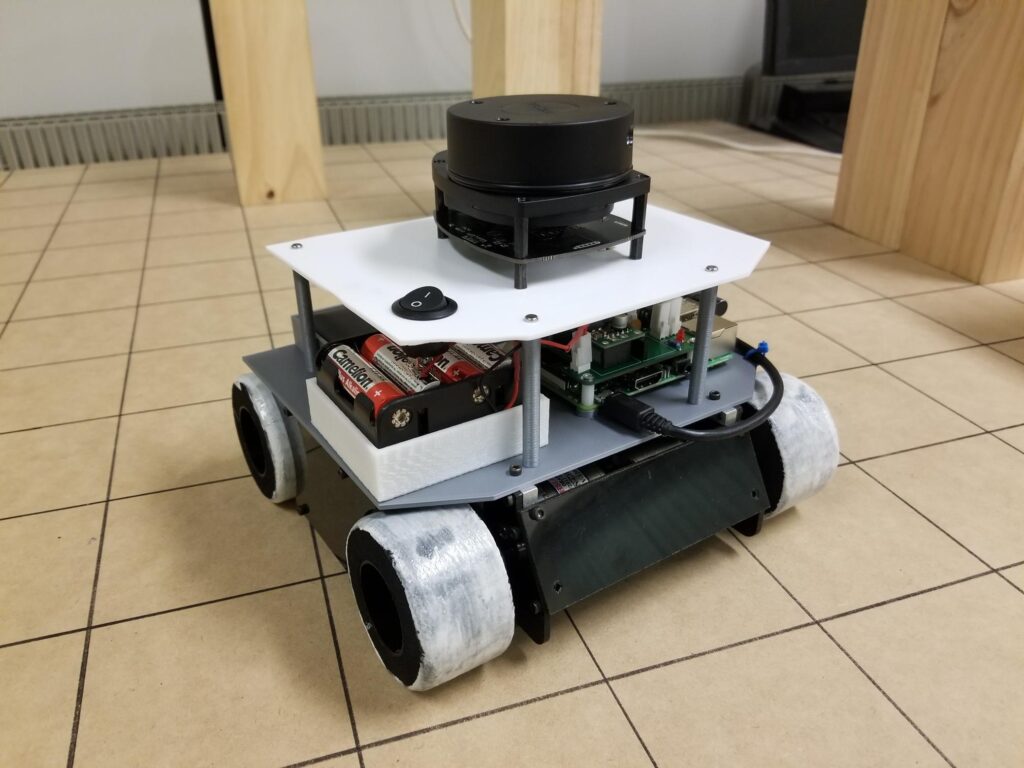
When I graduated my supervisor hooked me up with my first job, not because I was female, but because of the skills and dedication I had displayed during my thesis. I was the only girl in the department, but that was standard. I was normally the only girl in the building, so things were moving in the right direction. I cut my teeth automating train load outs, and eventually moved to my current job: a Robotics Engineer at Universal Field Robots. I have female colleagues (wow!) and am an expert at some of the technologies we use.
It feels like I have gone full circle; my own engineering coming of age story. But unlike Jane Eyre, I didn’t succeed in the face of all odds. My community invested – and continues to invest – in me though innovative programs, access to opportunities and ongoing education. Hard work keeps me in the peloton of my peers, but it was my ‘community champions’ who entered me in the race.
For this International Women’s Day, take a moment to think about what has helped you along your journey. What were your career cornerstones? Who were your champions? But more importantly, who could you be championing to help us move towards a more diverse and equitable society?

